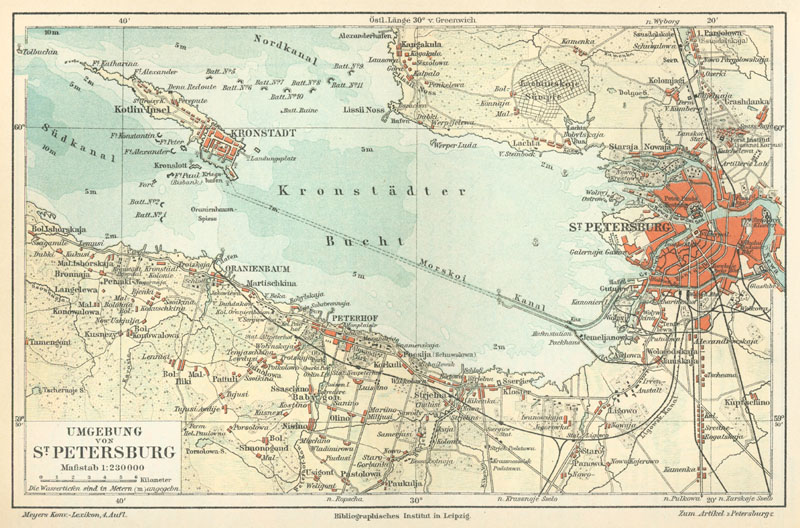La commune de #Kronstadt

La révolte des marins de Kronstadt contre le pouvoir bolchevique se déroule en Russie soviétique en mars 1921. Elle est le dernier grand mouvement contre le régime bolchevique sur le territoire russe, pendant la guerre civile, et la plus importante manifestation ouvrière d'opposition au communisme de guerre.
Au début de l'année 1921, la démocratie prolétarienne dont ont rêvé les ouvriers en 1917 n'est plus qu'un souvenir. La révolution n'a apporté que le froid, la faim, le typhus et l'autoritarisme. Dans les villes en proie à la famine, où la population a fortement diminué (entre 17 et 21, -50% à Moscou et Petrograd), l'agitation ouvrière est endémique, les grèves et les marches de la faim se multiplient. Le 21 février, les ouvriers des principales usines de Petrograd se mettent en grève. Le 24, une manifestation de 2 000 à 3 000 ouvriers se heurte à des détachements d'étudiants de l'Académie militaire. Le même jour, le Soviet de Petrograd proclame l'état de siège.
Le 26 février, informés des événements de Pétrograd, les équipages des navires de #Cronstat tiennent en urgence une réunion et décident d'envoyer une délégation de trente-deux marins, chargée de se renseigner et de faire un rapport à propos de la situation sur le continent. À leur retour, le 28 février, les délégués informent leurs camarades des grèves, lock-out, arrestations de masse et de la loi martiale. Lors des débats animés qui suivent, les dirigeants communistes du Soviet de Kronstadt tentent en vain de bloquer l'adoption d'une résolution en 15 points qui sera rapidement soutenue par l'ensemble de la flotte et de la garnison. Le 2 mars, le pouvoir bascule sans qu'un seul coup de feu ne soit tiré : « Le Comité révolutionnaire provisoire a le souci de ne pas verser de sang. Il a pris des mesures extraordinaires pour organiser dans la ville, la forteresse et les forts, l'ordre révolutionnaire. Le but du Comité révolutionnaire provisoire consiste à créer, par des efforts communs conjugués dans la ville et la forteresse, des conditions propices pour les élections régulières et loyales au nouveau soviet ».
Le pouvoir bolchevique présente cette révolte, dans une garnison de la marine militaire, comme un complot tsariste. Trotski, en tant que président du Conseil militaire révolutionnaire de l'armée et de la marine de la République, commande la réforme et la mobilisation de la VIIe armée « pour supprimer le soulèvement le plus rapidement possible » ; « Seuls ceux qui se rendront sans condition pourront compter sur l'indulgence de la République soviétique. En même temps je donne l'ordre de réprimer la mutinerie et de maîtriser les mutins par la force des armes. Cet avertissement est sans appel ».
Le 7 mars, 50 000 soldats de l'Armée rouge partent à l'assaut des 15 000 soldats et marins insurgés. Les troupes d'assaut sont commandées par un ex-officier tsariste, le général Mikhaïl Toukhatchevski (le même qui liquidera quelques mois plus tard les paysans de Tambov). Il teste à Kronstadt ses méthodes expéditives en donnant l'ordre d'« attaquer les navires avec des gaz asphyxiants et des obus chimiques ». Le 18 mars, les combats ont tués autour de 1000 marins. Pour les prisonniers, 2100 condamnations à mort fusillé, 6500 condamnations à des peines de prison ou de camp. Les familles des rebelles sont déportées en Sibérie.
Pour Voline, dans son ouvrage La Révolution inconnue (1947), « Lénine n'a rien compris ou plutôt n'a rien voulu comprendre au mouvement de Cronstadt. L'essentiel pour lui et pour son parti était de se maintenir au pouvoir, coûte que coûte. […] Le sens profond qui se dégageait de ces événements, était la nécessité pour le parti de réviser le principe de la dictature ; la nécessité pour la population laborieuse de jouir de la liberté de discussion et d'action ; la nécessité pour le pays de l'élection libre des Soviets. Les bolcheviks se rendaient parfaitement compte que la moindre concession dans ce sens porterait un coup décisif à leur pouvoir. Or, pour eux, il s'agissait surtout et avant tout de conserver ce pouvoir en entier. »
#histoire #anarchie #anarchisme #trotski #trotsky #soviétique #soviétisme #bolchevique #bolchevisme